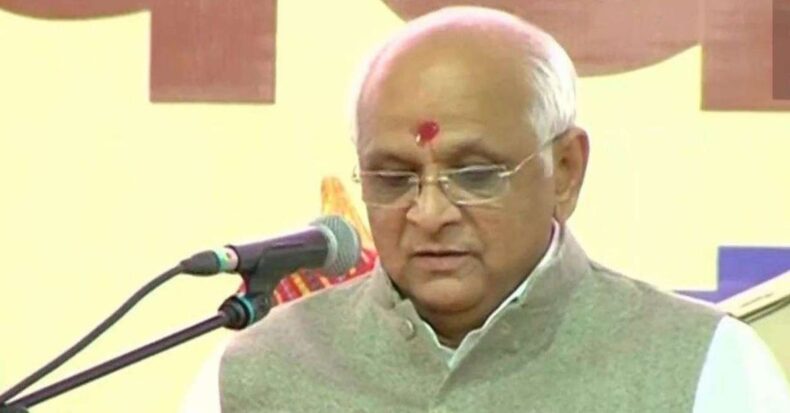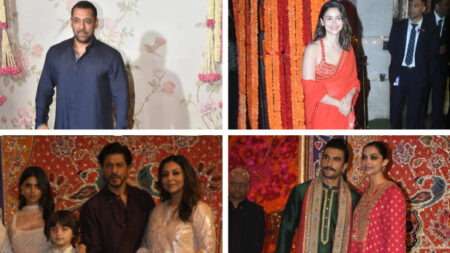According to the state home department’s guidelines, a maximum of 15 persons and one vehicle will be allowed in each procession.
The Gujarat government has given the green light to Eid-e-Milad processions to be organized on October 19 even though Covid restrictions are still in place.
According to the state Home Department’s guidelines, a maximum of 15 persons and one vehicle will be allowed in each procession.
The guidelines also state that these processions are allowed only during day hours, considering the night curfew imposed in eight cities of the state.
There is also a restriction on the movement of these processions to their respective localities keeping in view the aim of wrapping up the procession in the least amount of time.
Strict adherence to Covid safety guidelines which include the use of masks, sanitizers, and practice of social distancing, is mandatory while taking out the processions.
Eid-e-Milad will be celebrated on October 19. The government has decided in view of applications received requesting permissions to take out processions and organize other programmes on the day,” said the circular issued by the home department.
SIGNIFICANCE OF EID-E-MILAD
Muslims of the Sufi or Barelvi School of Thought commemorate the birth and death anniversary of Prophet Mohammad, the last Prophet of Islam, on the day of Eid-e-Milad.
Observed in the month of Rabi-ul-Awwal, the third month of the Islamic lunar calendar, the celebrations on this day are restrictive as it is also the death anniversary of the Prophet.
In the 11th century, this day was observed by the leading clan of Egypt as a day of prayers and recitations.
The current form of recitation began in the 12th century when countries like Syria, Morocco, Turkey and Spain started to observe the day.
Today, Eid-e-Milad is celebrated by Muslims by wearing new clothes, exchanging gifts and offering prayers.
There is a gathering at mosques and dargahs and the Muslims offer prayers early in the morning followed by processions.
HISTORY
The history of this festival dates back to the early four Rashidun Caliphs of Islam, and the Fatimids began the Eid-e-Milad celebrations. According to some Muslims, the birth of Prophet Mohammad took place on the twelfth day of Rabi’-al-awwal in 570 CE.
NON-BELIEVERS OF THE FESTIVAL
Even though Eid-e-Milad is a significant Muslim festival, many Muslims around the globe believe that the birthday of the Prophet is not exactly known, which is why these celebrations do not exist in Islamic culture.
According to them, any festival other than Eid-al-Fitr and Eid-e-Adhais a form of Biddah or innovation of religion.
FESTIVITIES DURING COVID IN GUJARAT
Despite low daily covid cases, the Gujarat government is trying to avoid risks by putting strict covid protocols in place during the festive season.
Occasions such as Janmashtami and Navratri, where huge gatherings usually take place, were controlled by various safety guidelines to avoid the spread of the novel disease.
Some relaxations in rules during Janmashtami included changing the curfew timings from the usual 11 pm to 1 am. Similarly, for the Ganesh festival, the night curfew came into effect from midnight during September 9 to 19 in Ahmedabad, Vadodara, Rajkot, Surat, Bhavnagar, Jamnagar, Gandhinagar and Junagadh.
Traditional Janmashtami processions were allowed with a limited number of participants.
For the Navratri festival that concluded this week, high octane events at Garba venues with a gathering of thousands of people are a thing of the past as no more than 400 people were allowed to gather at any place.
Many had gone back to a low-key street Garba format, which used to be the norm before hi-tech Garba grounds took over.
The state government had allowed Garba dance celebrations in residential societies with relaxation in night curfew timings.













